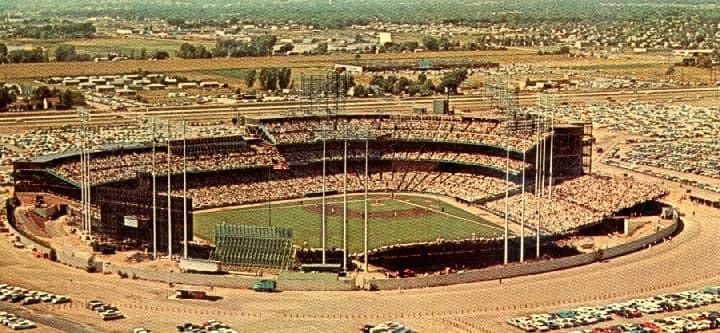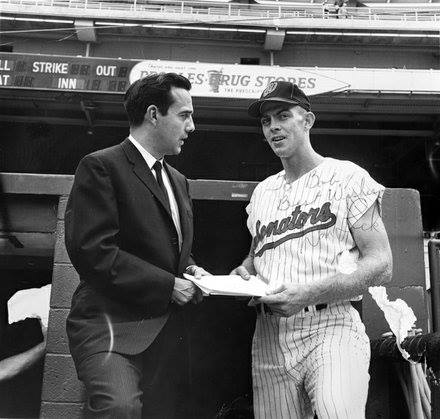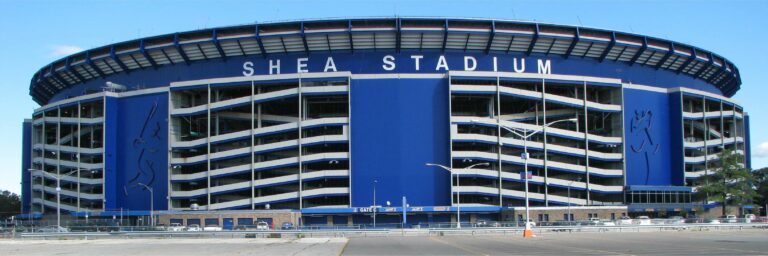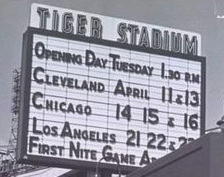West Coast Wrigley Field hosts its last game
The Wrigley Field on the west coast hosts its last professional baseball game when the Angels, who will play at Dodger Stadium next season, are defeated by Cleveland, 8-5, in front of 9,868 fans at the 36 year-old ballpark, which will be torn down in five years to make room for an eventual public playground and senior center. In addition to being the home for the American League expansion team, the venue housed the PCL’s Angels from 1925 through 1957 and served as the location for the 1960 television series Home Run Derby.









